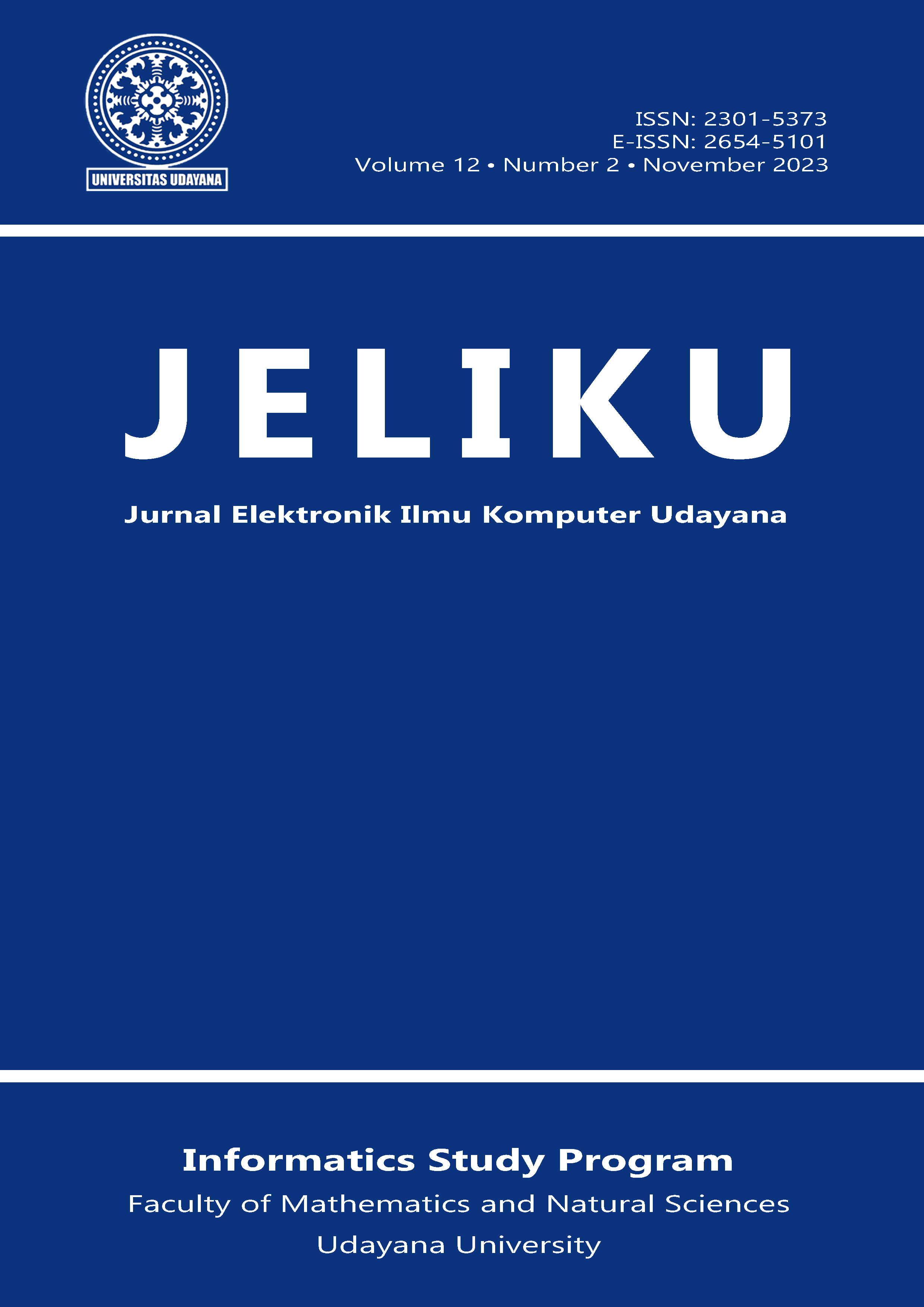Implementasi BERT pada Analisis Sentimen Ulasan Destinasi Wisata Bali
Abstract
In recent years, the contribution of the tourism sector in Bali has increased significantly. The tourism sector has an important role as a source of foreign exchange earnings, and can encourage national economic growth. With the digital age, online opinion are increasingly vital to the growth of Indonesian tourism internationally. Public opinion and reviews on these tourist destinations can be used to identify new tourist destinations which are gaining traction and are in demand. Which is why it will be important to leverage these positive or negative opinions to acquire interesting and vital information on these tourist destinations for further use. One such method to acquire such information are through sentiment analysis to determine whether the a review’s attitude towards a particular tourist destination or experience is positive, negative, or neutral. This study aims to use IndoBERT, a pre-trained BERT (Bidirectional Encoder Representations from Transformers) model for the Indonesian language. This model is trained using a masked language modeling (MLM) objective and next sentence prediction (NSP) objective. This study also compares two different optimizers with a weight decay fix, AdamW and AdaFactor. The results show that sentiment analysis using the IndoBERT model with the AdamW optimizer reaches 97% accuracy and AdaFactor reaches 98,2% accuracy.






